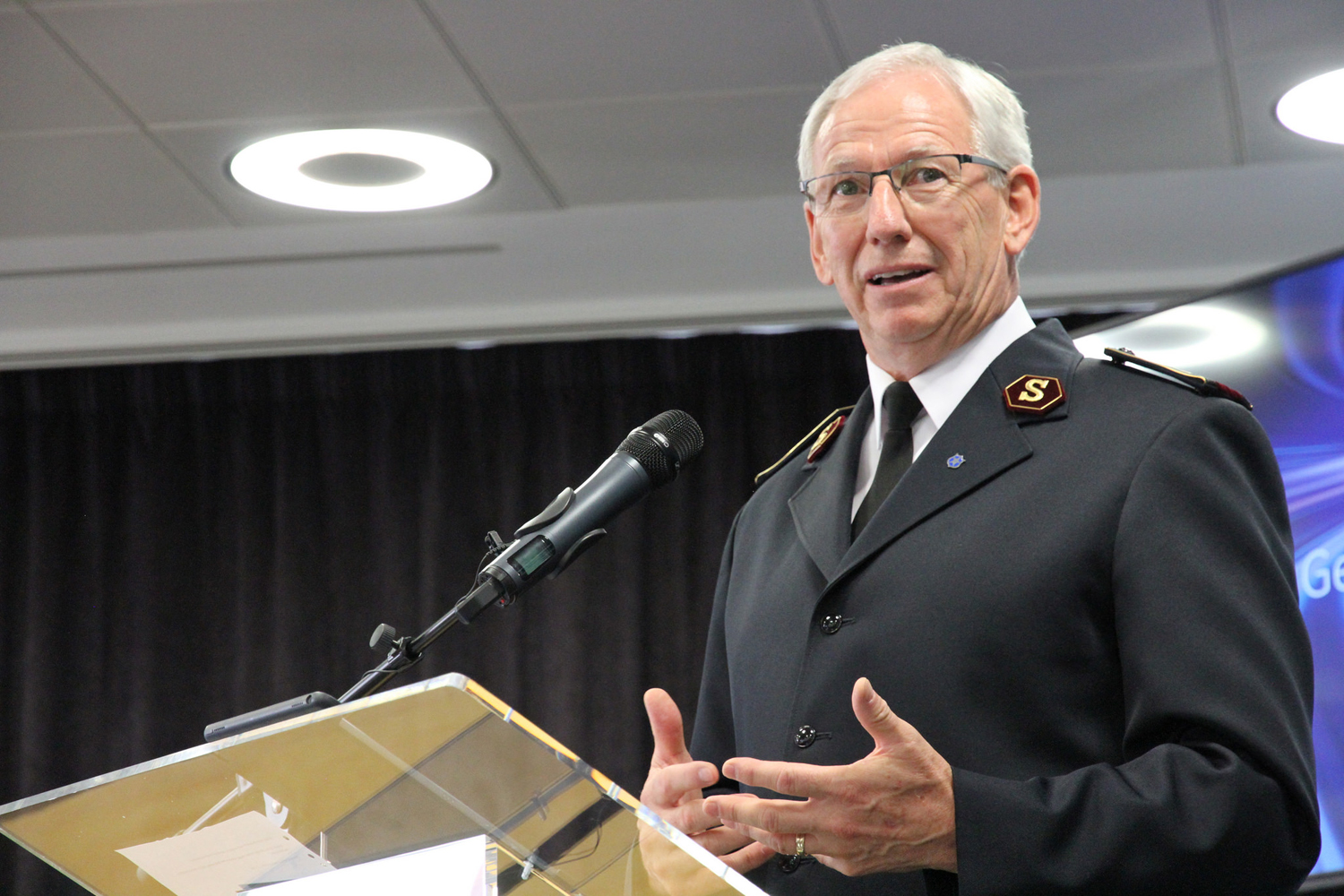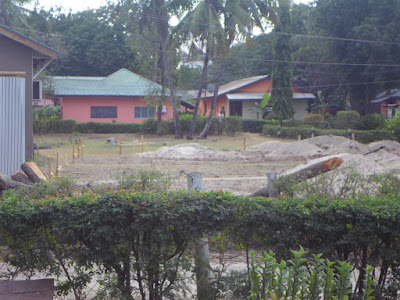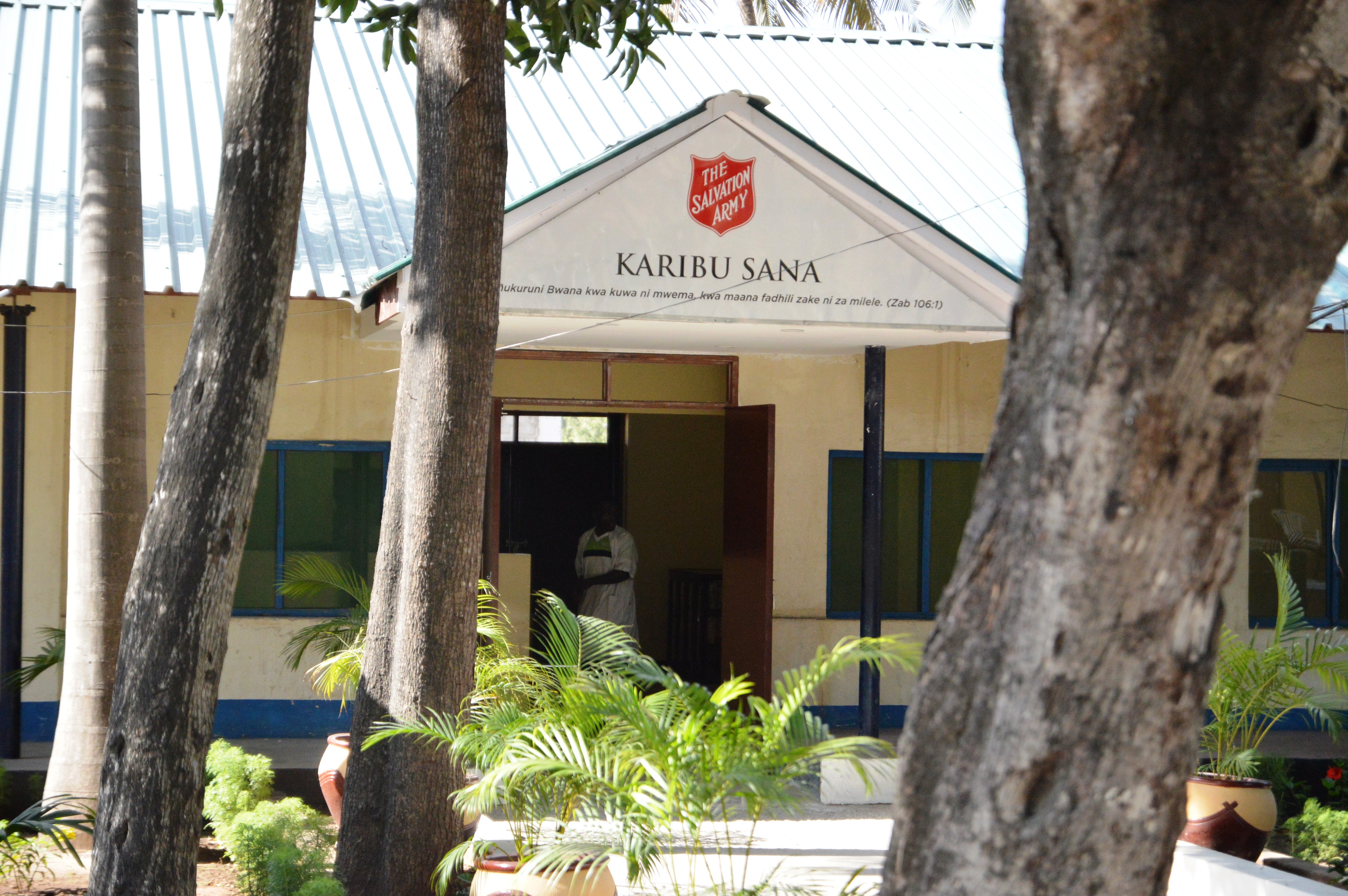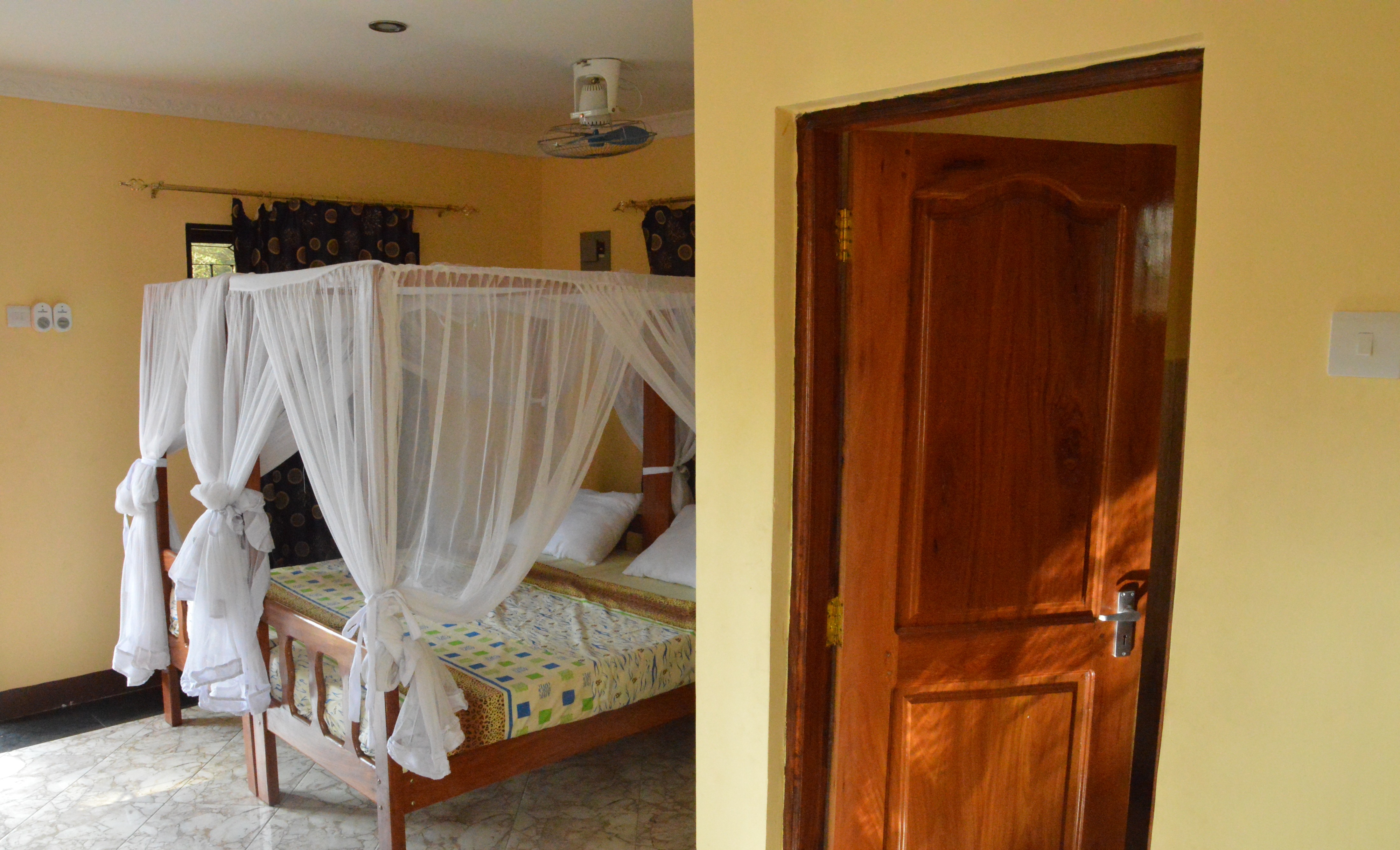William Booth
 William Booth
William Booth began The Salvation Army in July 1865. Preaching
to a small congregation in the slums of London. Thieves, prostitutes,
gamblers, and drunkards were among Booth’s first converts to
Christianity. His congregation were desperately poor. He preached hope
and salvation. His aim was to lead them to Christ and link them to a
church for continued spiritual guidance.
Even though Booth’s followers were converted, churches did not accept
them because of what they had been. However, Booth gave their lives
direction in both a spiritual and practical manner and put them to work
to help others who were like themselves. They, too preached and sang in
the streets as a living testimony to the power of God.
In 1867, Booth had only 10 full-time workers. By 1874, the numbers
had grown to 1,000 volunteers and 42 evangelists. They served under the
name
The Christian Mission and Booth assumed the title of General
Superintendent, although his followers called him ‘General’. Known as
the ‘Hallelujah Army’, the converts spread out to the east end of London
into neighbouring areas and then to other cities.
In 1878, Booth was reading a printer’s proof of the organization’s
annual report when he noticed the statement, ‘the Christian Mission
under the Superintendent’s of the Rev. William Booth is a volunteer
army.’ He crossed out the words ‘volunteer army’ and penned in
‘Salvation Army.’ From those words came the basis of the foundation deed
of The Salvation Army which was adopted in August of that same year.
--------------------------------------------------------------------------------------------------------------------------------------------------------------------------------------------------------------------------
Catherine Booth
 Catherine Booth
Catherine Booth, wife of Salvation Army founder William Booth,
was known as the “Army Mother”. In her world, women had few rights, no
place in the professions and a minimal presence in church leadership.
Nonetheless, in her marriage to William Booth, she became an evangelist,
preacher and theologian, and co-founder of The Salvation Army.
As a child, Catherine Booth was bright and tenacious despite long
illnesses. By age 12, she had thoroughly studied the Bible from cover to
cover—eight times. During her life, she became one of the most popular
preachers of her era.
A prolific writer, Catherine Booth explored universal questions and
provided forthright answers. She believed Christians must be passionate
about their faith, that if we are indifferent we can lose the capacity
for love and service. She wrote: ‘He doesn’t ask you to go to chapel or
join the church and pray...but to get down and give up your heart to
Him, to choose whom you will serve, and do it at once, and everything
else will follow.’
In 1860 Catherine and William Booth attended Chapel in Gateshead.
William was preaching in the pulpit and Catherine was sitting in the
congregation. As he finished speaking William saw Catherine leave her
seat and make her way to the front. He leaned over the pulpit and asked:
“What is the matter?” “I want to say a word,” Catherine replied.
William then addressed the congregation and said, “My dear wife wants to
say a word”. He then sat down and Catherine mounted the pulpit. She
told the congregation of her disobedience to the voice of the Holy
Spirit telling her to be courageous and speak in public about Jesus. As
she confessed her own weaknesses in public, members of the congregation
were in tears as they listened to this godly woman. News quickly spread
through the town that a woman had preached, and from then onwards she
was in great demand as a preacher.
All this would never have happened had not William Booth allowed
Catherine to speak. He recognised her abilities, her spirituality and
her love for souls and he gave her the opportunity to join him in a
shared ministry.
PIONEERS IN TANZANIA

The
Salvation Army began its work in the former Tanganyika in November
1933, in the town of Tabora, under the leadership of Lieutenant Colonel
Francis and Mrs. Jessie Dare whom came from the United Kingdom.
From the Tabora the work spread to Chunya and to Arusha in the late
1930’s and early 1940’s. In 1950, at the request for assistance from the
Colonial Governor, the Army was invited to oversight the work of the
Mgulani Camp which had been operating under the British Red Cross
Society. The Tanzania Headquarters is now located in the Mgulani
Compound in Dar es Salaam. From these early beginnings, The Salvation
Army’s work continued to develop and on 1
st October, 1998,
the Tanzania Command was inaugurated under the leadership of Lieutenant
Colonels David and Jean Burrows. The work of The Salvation Army in
Tanzania was no longer administratively dependent on another Africa
country.
21
st February, 2000 was another milestone in the Tanzania
Command. In prior years, pastors (officers) were attended a 2-year
training school in Kenya. But now 12 Cadets (students in training to
become pastors) of the "Cross Bearers" Session commenced training at the
Command’s own Training College. As a result, Tanzania has been training
leaders for ministry ever since.
From our humble roots nearly 80 years ago, we have spread throughout
the country. We now have over 150 national officers (pastors) who lead
ministries in over 150 communities.

















 Its
message and the lifestyle it advocates are based on the Bible's
teaching. Its work is to make known the good news about Jesus Christ and
to persuade people to become his followers.
Its
message and the lifestyle it advocates are based on the Bible's
teaching. Its work is to make known the good news about Jesus Christ and
to persuade people to become his followers. represents
the shield we provide to people in need of help, whether it be
spiritually, physically, financially or emotionally. At the turn of the
20th century, one of the symbols of The Salvation Army was a silver
shield with the words 'Salvation Army' emblazoned across it. The shield
was worn as a badge by many Salvation Army personnel, particularly those
serving with the Defence Forces.
represents
the shield we provide to people in need of help, whether it be
spiritually, physically, financially or emotionally. At the turn of the
20th century, one of the symbols of The Salvation Army was a silver
shield with the words 'Salvation Army' emblazoned across it. The shield
was worn as a badge by many Salvation Army personnel, particularly those
serving with the Defence Forces. crest
in 1878 and the only alteration to his original design was the addition
of the crown. Its emblems set forth the leading doctrines of The
Salvation Army as follows: The crown speaks of God's reward for His
faithful people The sun (the surround) represents the light and fire of
the Holy Spirit The 'S' stands for salvation from sin The cross of
Jesus stands at the centre of the crest and the Salvationist's faith The
swords represent the fight against sin The shots (seven dots on the
circle) stand for the truths of the Gospel 'Blood and Fire' is the motto
of The Salvation Army. This describes the blood of Jesus shed on the
cross to save all people, and the fire of the Holy Spirit which purifies
believers.
crest
in 1878 and the only alteration to his original design was the addition
of the crown. Its emblems set forth the leading doctrines of The
Salvation Army as follows: The crown speaks of God's reward for His
faithful people The sun (the surround) represents the light and fire of
the Holy Spirit The 'S' stands for salvation from sin The cross of
Jesus stands at the centre of the crest and the Salvationist's faith The
swords represent the fight against sin The shots (seven dots on the
circle) stand for the truths of the Gospel 'Blood and Fire' is the motto
of The Salvation Army. This describes the blood of Jesus shed on the
cross to save all people, and the fire of the Holy Spirit which purifies
believers. While
many denominations of the Christian Church have a distinctive form of
dress for the clergy, The Salvation Army is almost unique in its
allocation of its distinctively martial apparel for clergy and laity
alike. Salvationists advocate the priesthood of all believers, thus the
uniform (which relates to a priestly garb) is also worn by non-officers.
In a sense, a Salvation Army uniform is a Salvationist's "working
clothes" for mission. Uniforms have been worn in many forms since the
Army's earliest days. The first evangelists of the Christian Mission
(early name of The Salvation Army) wore suits of clerical cut, with
frock coats, tall hats and black ties. Women evangelists wore plain
dresses and small Quaker type bonnets. After the Mission became the Army
(1878), it was agreed that a military type uniform should be adopted.
While
many denominations of the Christian Church have a distinctive form of
dress for the clergy, The Salvation Army is almost unique in its
allocation of its distinctively martial apparel for clergy and laity
alike. Salvationists advocate the priesthood of all believers, thus the
uniform (which relates to a priestly garb) is also worn by non-officers.
In a sense, a Salvation Army uniform is a Salvationist's "working
clothes" for mission. Uniforms have been worn in many forms since the
Army's earliest days. The first evangelists of the Christian Mission
(early name of The Salvation Army) wore suits of clerical cut, with
frock coats, tall hats and black ties. Women evangelists wore plain
dresses and small Quaker type bonnets. After the Mission became the Army
(1878), it was agreed that a military type uniform should be adopted. The
movement, founded in 1865 by William Booth, has spread from London,
England, to many parts of the world. The rapid deployment of the first
Salvationists was aided by the adoption of a quasi-military command
structure in 1878 when the title, ‘The Salvation Army’, was brought into
use. A similarly practical organisation today enables resources to be
equally flexible. Responding to a recurrent theme in Christianity which
sees the Church engaged in spiritual warfare, the Salvation Army
continues to use soldier’s features such as uniforms, flags and ranks to
identify, inspire and regulate the ministry.
The
movement, founded in 1865 by William Booth, has spread from London,
England, to many parts of the world. The rapid deployment of the first
Salvationists was aided by the adoption of a quasi-military command
structure in 1878 when the title, ‘The Salvation Army’, was brought into
use. A similarly practical organisation today enables resources to be
equally flexible. Responding to a recurrent theme in Christianity which
sees the Church engaged in spiritual warfare, the Salvation Army
continues to use soldier’s features such as uniforms, flags and ranks to
identify, inspire and regulate the ministry.

 The
Salvation Army began its work in the former Tanganyika in November
1933, in the town of Tabora, under the leadership of Lieutenant Colonel
Francis and Mrs. Jessie Dare whom came from the United Kingdom.
The
Salvation Army began its work in the former Tanganyika in November
1933, in the town of Tabora, under the leadership of Lieutenant Colonel
Francis and Mrs. Jessie Dare whom came from the United Kingdom.




 Matumaini
is the largest school of its kind in the country. Nearly 200 children
are attending the school from communities around the Tanzania.
Matumaini
is the largest school of its kind in the country. Nearly 200 children
are attending the school from communities around the Tanzania.
 advantage of the pastoral care from the matron and officers that
advantage of the pastoral care from the matron and officers that























